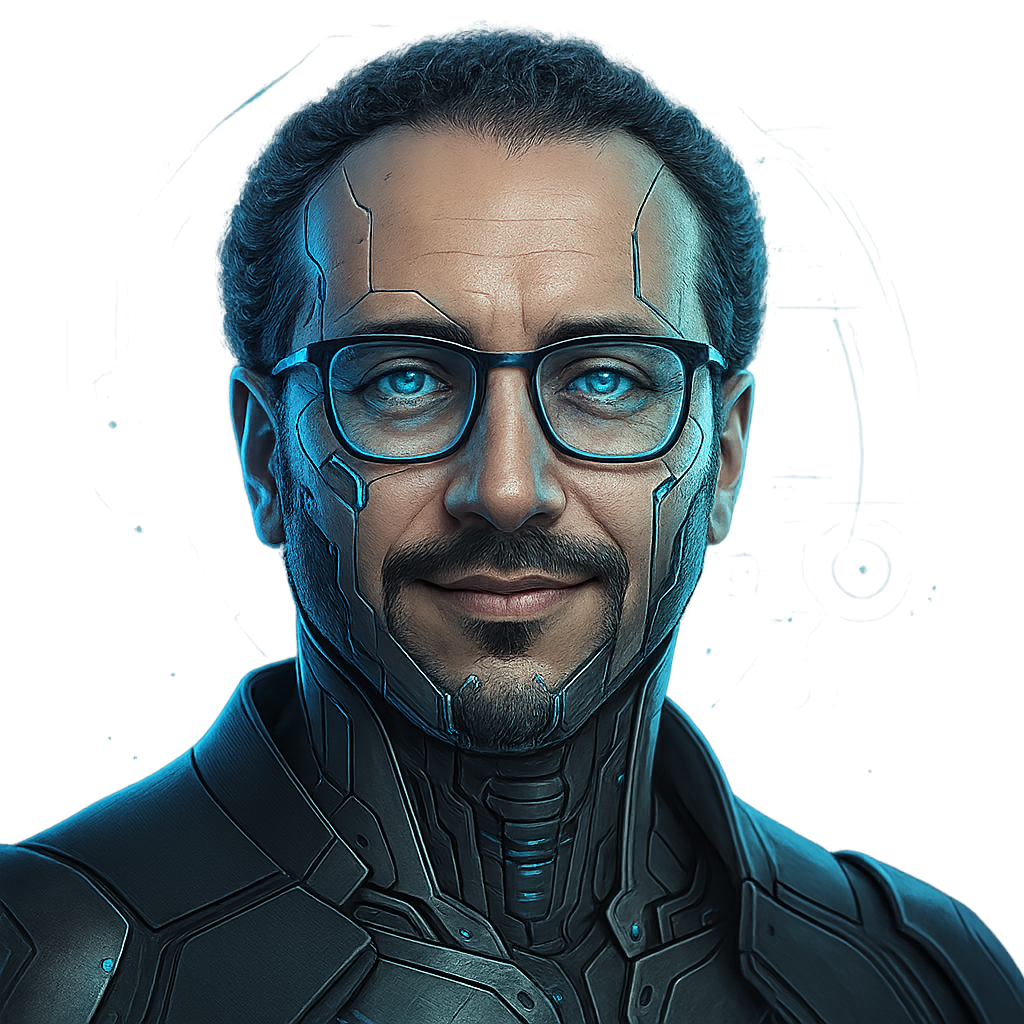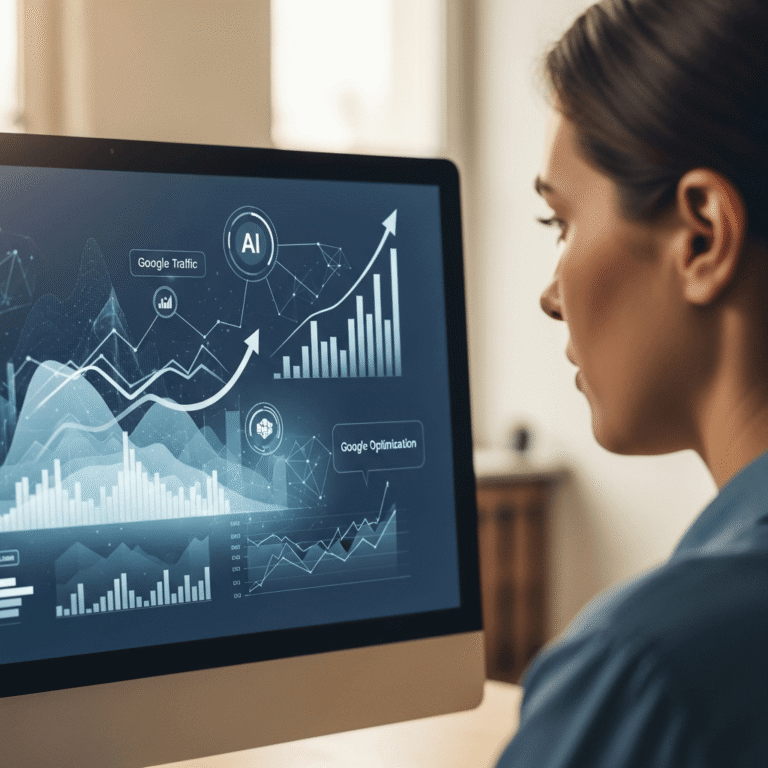AI for Diseased Cells: Gene-Drug Combos, Personalized Therapy
A revolutionary AI tool for diseased cells is emerging, promising to transform how we approach complex illnesses. This innovative technology efficiently pinpoints specific genes and identifies optimal drug combinations designed to restore health within damaged cells. Consequently, this breakthrough heralds a new era of targeted therapies, offering unprecedented hope for patients battling various conditions and paving the way for advanced, personalized medical interventions.
Unlocking Cellular Secrets with AI
At the core of this medical revolution lies sophisticated artificial intelligence, adept at unraveling the intricate mysteries of diseased cells. This groundbreaking AI tool for diseased cells meticulously analyzes vast datasets, encompassing genomic information, protein interactions, and existing drug effects. For instance, it processes millions of data points, far exceeding human capacity, to identify subtle yet critical patterns. Furthermore, the AI can pinpoint specific genetic drivers that contribute to cellular dysfunction. By doing so, it provides invaluable genomic insights, revealing which genes are behaving abnormally within affected cells. This deep understanding is crucial; it allows researchers to move beyond symptomatic treatment and instead target the root causes of cellular disease. Ultimately, this intelligent system can then hypothesize which existing drugs or novel compounds might effectively correct these genetic abnormalities, thus actively working towards restoring normal cellular function.
Precision Medicine: Tailoring Treatments with Gene-Drug Combos
The true power of this advanced AI lies in its ability to go beyond single drug solutions, focusing instead on synergistic gene-drug combinations. Traditional drug discovery often targets one pathway or one gene, which can be insufficient for complex diseases. However, this AI system considers the multifaceted nature of cellular illness, where multiple genes and pathways might be disrupted simultaneously. As a result, it identifies specific cocktails of drugs that, when administered together, can more effectively counteract the cellular damage. Moreover, this leads to truly personalized medicine AI, tailoring therapies to the unique genetic profile of a patient’s diseased cells. Imagine a future where treatment isn’t a one-size-fits-all approach, but rather a custom-designed strategy specifically engineered to restore individual cell health. Furthermore, this capability extends to drug repurposing AI, where the system can identify new uses for existing, approved drugs, accelerating the path to market and significantly reducing development costs. Therefore, by precisely matching therapies to cellular pathology, this innovation offers the potential for highly effective, targeted therapies that promise to revitalize cellular function and improve patient outcomes dramatically.
This innovative AI tool for diseased cells signifies a monumental leap in medical science, fundamentally altering our approach to health and disease. By precisely identifying specific genes and optimal drug combinations, it offers an unprecedented pathway to restoring cellular health. Ultimately, this technology promises to accelerate the development of personalized, effective therapies, thus shaping a brighter future for patient care and pushing the boundaries of medical possibility.
Source: Medical Xpress







